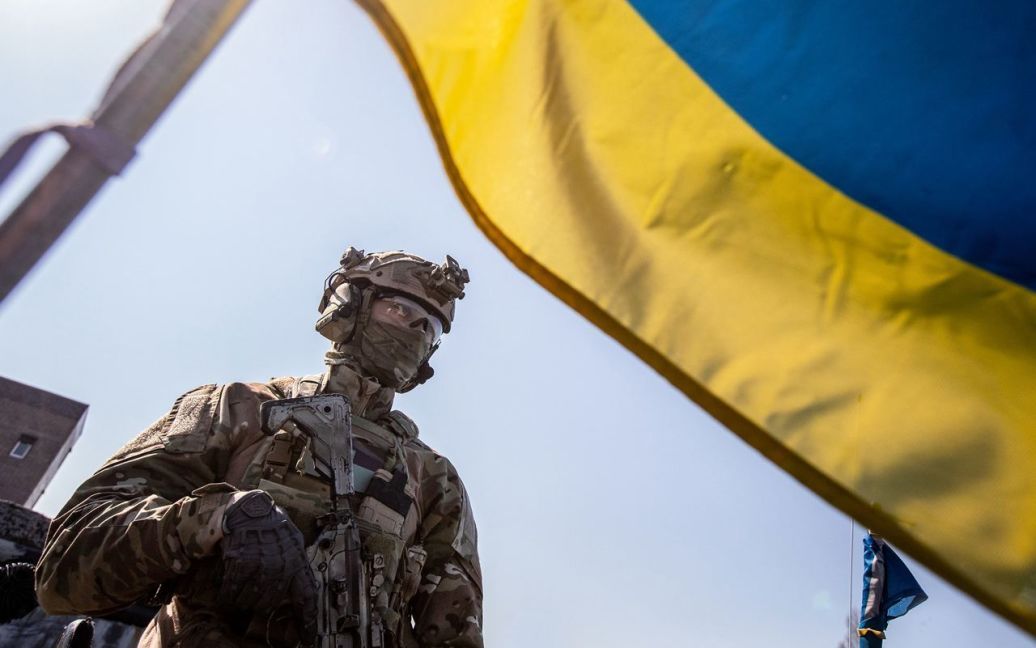Lawyer
State support for family members of military personnel is an important aspect of social policy, especially in the context of military conflicts. Protection of the rights and legitimate interests of these families requires clear legal regulation and proper implementation of legislation. In this article, we will consider the main legal aspects of state support for family members of military personnel, the role of legal advice, document analysis, legal opinion and legal opinion of a lawyer.
Legislative regulation
State support for family members of military personnel is regulated by a number of legal acts. The main ones are:
The Constitution of Ukraine, the Law of Ukraine "On social and legal protection of military personnel and members of their families"
Resolutions of the Cabinet of Ministers of Ukraine regulating the procedure for providing social benefits and benefits
These acts determine the main types of social assistance and benefits that can be received by family members of military personnel, as well as the procedure for their provision.
Consultation of a lawyer
Legal advice is important for family members of military personnel who are faced with issues of obtaining state support. The lawyer will help explain the rights and obligations provided for by the legislation, as well as provide recommendations on the procedure for obtaining social assistance and benefits.
A lawyer can provide advice on the following issues:
Types of social assistance and benefits provided for family members of servicemen
The procedure for submitting applications and necessary documents for receiving assistance
Appealing the decisions of the authorities regarding the refusal to provide social assistance
Analysis of documents
Analysis of documents is an important stage in the process of obtaining state support. The lawyer conducts a detailed analysis of documents confirming the legal status of family members of a military serviceman, their right to social assistance and benefits.
Among the main documents to be analyzed are:
Birth or marriage certificate
Documents confirming the status of a military serviceman (certificate, military card)
Applications and other documents necessary for receiving social assistance
Analysis of documents allows you to identify possible deficiencies in the documentation, which can become an obstacle to receiving assistance, as well as to take measures to eliminate them in a timely manner.
Legal opinion
After analyzing the documents, the lawyer provides a legal opinion, which includes an assessment of compliance of the documents with the requirements of the law and recommendations for further actions. A legal opinion may include:
Assessment of the legal status of family members of a serviceman
Identification and documentation of rights to social assistance and benefits
Recommendations for submitting applications to the relevant bodies
Recommendations for eliminating deficiencies in the documentation
A legal opinion helps military family members understand their rights and properly prepare to receive government support.
Legal opinion of the lawyer
A lawyer's legal opinion is important in cases where it is necessary to challenge the decisions of state bodies or to protect the rights of family members of military personnel in court. The lawyer, representing the interests of the client, prepares procedural documents and protects rights at all stages of the judicial or administrative process.
The lawyer's legal opinion may include the following aspects:
Assessment of the legality of the actions of state bodies regarding the refusal to provide assistance
Recommendations on judicial protection of the rights of family members of military servicemen
Proposals for peaceful settlement of disputes
Types of state support
Family members of military personnel are entitled to various types of state support, including:
Financial assistance: Payments in the event of the death or injury of a serviceman, assistance in connection with the loss of a breadwinner.
Benefits for payment of housing and communal services: Reduction of tariffs for payment of communal services, provision of subsidies.
Medical assistance: Free or subsidized medical care, treatment and rehabilitation.
Educational benefits: Free or subsidized education for children of military personnel in educational institutions.
Legal assistance: Free consultations of lawyers and advocates, assistance in preparing documents and representation of interests in court.

































